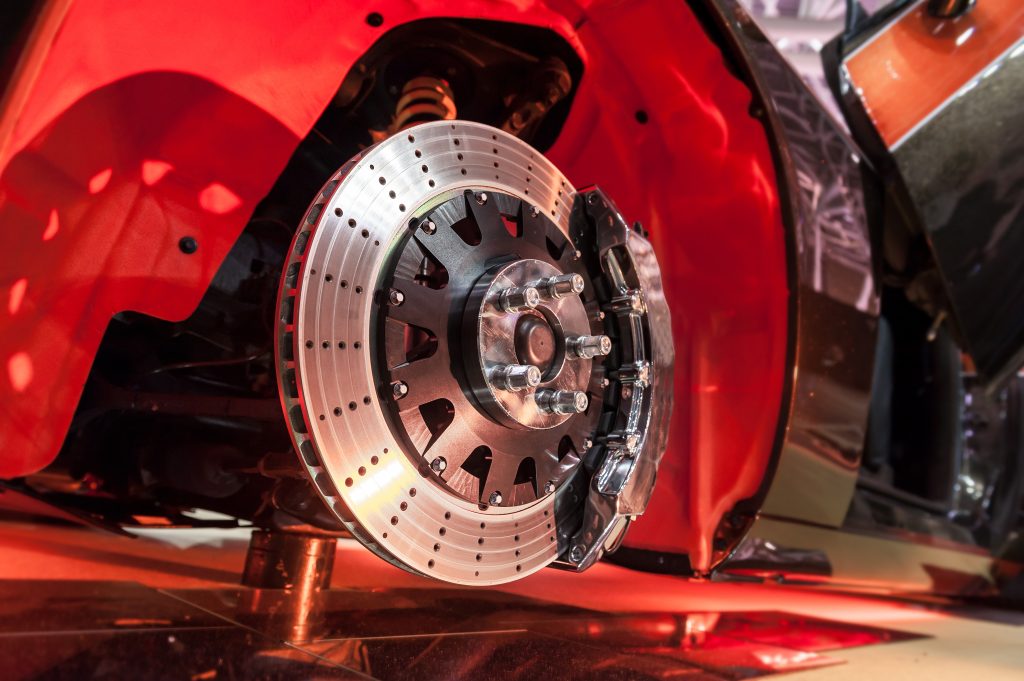
Have you ever pressed the brake pedal and felt a spongy or sluggish response? A loss of brake power is one of the most unnerving experiences a driver can have. Fortunately, regular servicing and a quick response to developing issues can ensure you never experience this problem. Here are four warning signs to look out for, any of which should prompt an immediate visit to your nearest Chevy dealer for brake repair.
Overheating Brakes
If you often commute in heavy stop-and-go traffic, your brakes are at risk of overheating. This can happen when your foot is continuously on the pedal. The relentless friction created in the brake pads and rotors heats them up to such a degree that they might temporarily lose their function or even undergo permanent damage.
While overheating, the resin in brake pads can sometimes melt. This can lead to brake fade: a momentary loss of friction during which you won’t be able to stop your car as effectively. Needless to say, this is very dangerous. If you ever experience brake fade from overheating, pull over quickly and allow your brakes to cool.
Vibrations When Braking
During periods of overheating, the cast iron or ceramic materials of rotor discs can become damaged. The melted resin from brake pads might coat the rotor and harden into a lumpy mess. The rotor might even warp out of shape while softened by the heat. And if you let a brake pad wear down too far, the pad’s metal frame can scrape dents into the rotor.
You’re likely to feel any such rotor damage as strange, rhythmic vibrations through the brake pedal or even the steering wheel. A damaged rotor can’t function properly and will need to be resurfaced or replaced.
High-Pitched Sounds
Brake pads wear down over time and tend to last about 20,000 to 30,000 miles. You’ll usually know when a brake pad is perilously worn down because modern brake pads are designed to emit a high-pitched squeaking sound to alert you when it’s time for a replacement.
Leaking Brake Fluid
The hydraulic pressure maintained within the brake hoses allows the relatively small pressure of your foot on the pedal to stop your car. But if the brake fluid within the hoses ever leaks out, allowing air to leak in, then hydraulic pressure is lost.
This is when you’ll feel a spongy sensation in the brakes. If your brakes ever become spongy, pull over at once and look for any signs of leaking yellowy fluid. You’ll need a technician to fix a brake fluid leak.
Have Frequent Brake Servicing at Your Chevy Dealer
Most potential brake problems can be detected and nipped in the bud during your periodical brake servicing visits. For most drivers, it’s recommended to have their brakes serviced once every six months. But if you’re frequently driving in more severe brake-heavy conditions, consider even more frequent visits than this.
Have your brakes inspected and repaired today at Coughlin GM of Marysville. We’re an award-winning local dealership with friendly, knowledgeable staff on hand to help, whatever your needs might be.






